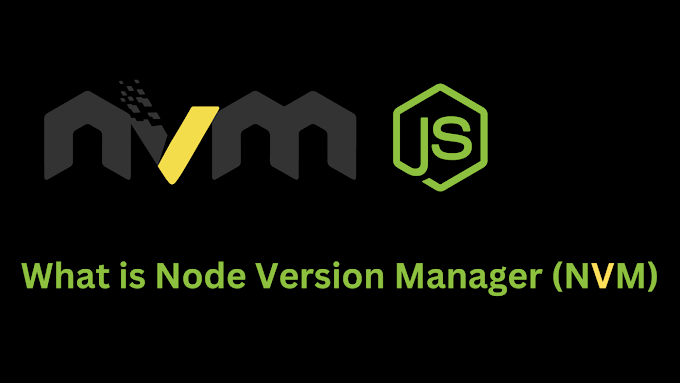Angular Lifecycle Hooks (Experiment Only)
Each component or directive has following life cycle and it is managed by Angular
ngOnChanges(changes: SimpleChanges)
Have to import
import { Component, Input, OnChanges, SimpleChanges } from '@angular/core';
When we used @Input() data-bound property in child component. If the @Input() references changed by the parent, then ngOnChanges() method is called.
Ex Source @StackBlitz
Ex Source @StackBlitz
Output from Console:
- ngOnChanges()
- ngOnInit()
- ngDoCheck()
- ngAfterContentInit()
- ngAfterContentChecked()
- ngAfterViewInit()
- ngAfterViewChecked()
- ngOnDestroy()
Component lifecycle hooks
Component instances have a lifecycle as Angular creates, updates, and destroys them. Developers can handle it using interface implementation.ngOnChanges()
on changes is a lifecycle hook that is called when any data-bound property of a directive changes. on changes is an interface that has a method declaration as belowngOnChanges(changes: SimpleChanges)
Have to import
import { Component, Input, OnChanges, SimpleChanges } from '@angular/core';
When we used @Input() data-bound property in child component. If the @Input() references changed by the parent, then ngOnChanges() method is called.
Ex Source @StackBlitz
ngOnInit()
Called Once, After the 1st call of ngOnChanges()Ex Source @StackBlitz
Output from Console:
ngDoCheck()
Called during every changes, after ngOnChanges() and ngOnInit().
Ex Source @StackBlitz
output from console:
ngAfterContentInit()
Called once after the first ngDoCheck()
output from console:
output from console:
ngAfterContentChecked()
Called after the ngAfterContentInit() and every subsequent ngDoCheck()
Ex Source @StackBlitz
ngAfterViewInit()
Called once after the first ngAfterContentChecked().
Ex Source @StackBlitz
output from console:
ngAfterViewChecked()
Called after the ngAfterViewInit and every subsequent ngAfterContentChecked().
Ex Source @StackBlitz
output from console
ngOnDestroy()
Called just before Angular Dispose's the directive/component. try to navigate b/w component one & component 2.
Your browser does not support iframes.




















0 Comments